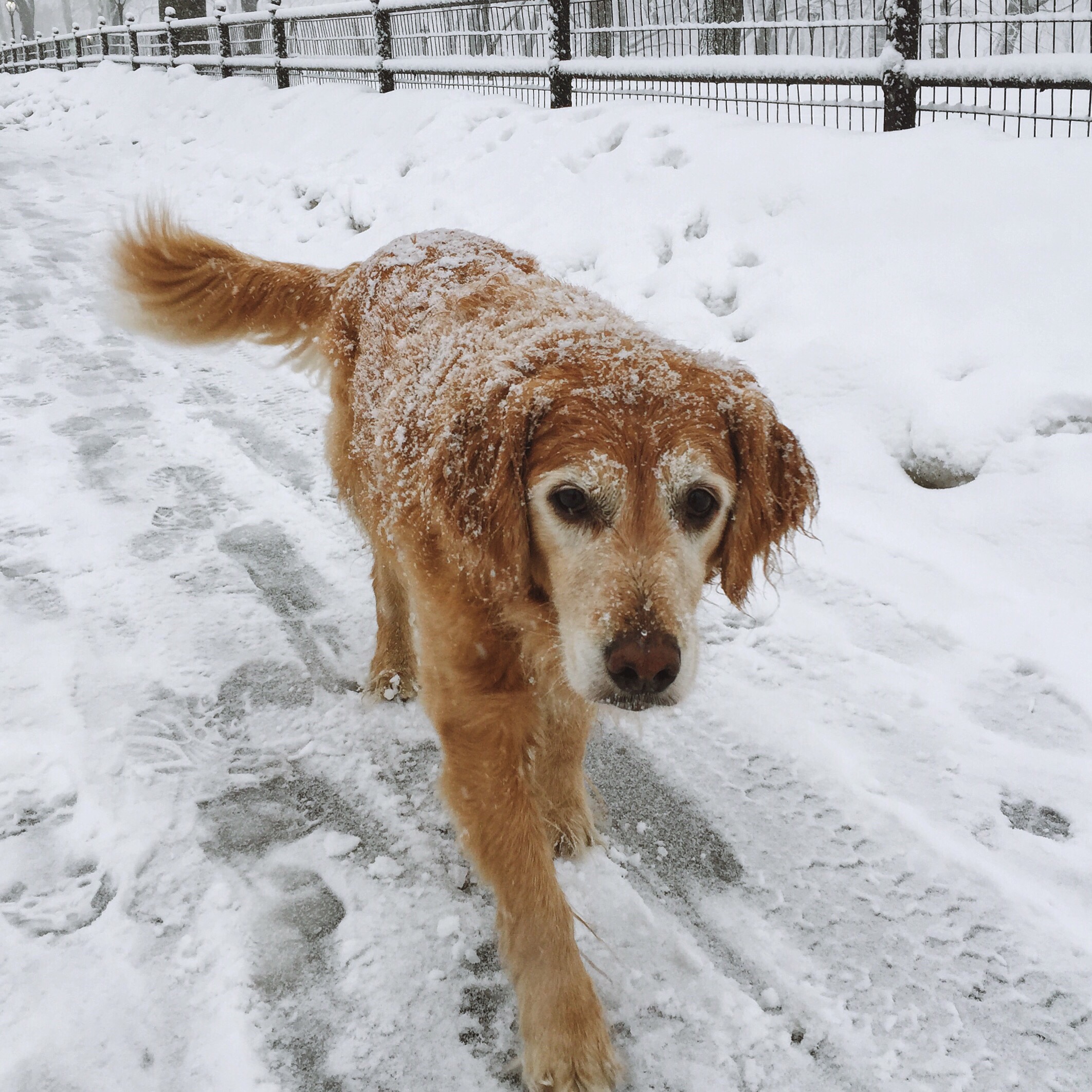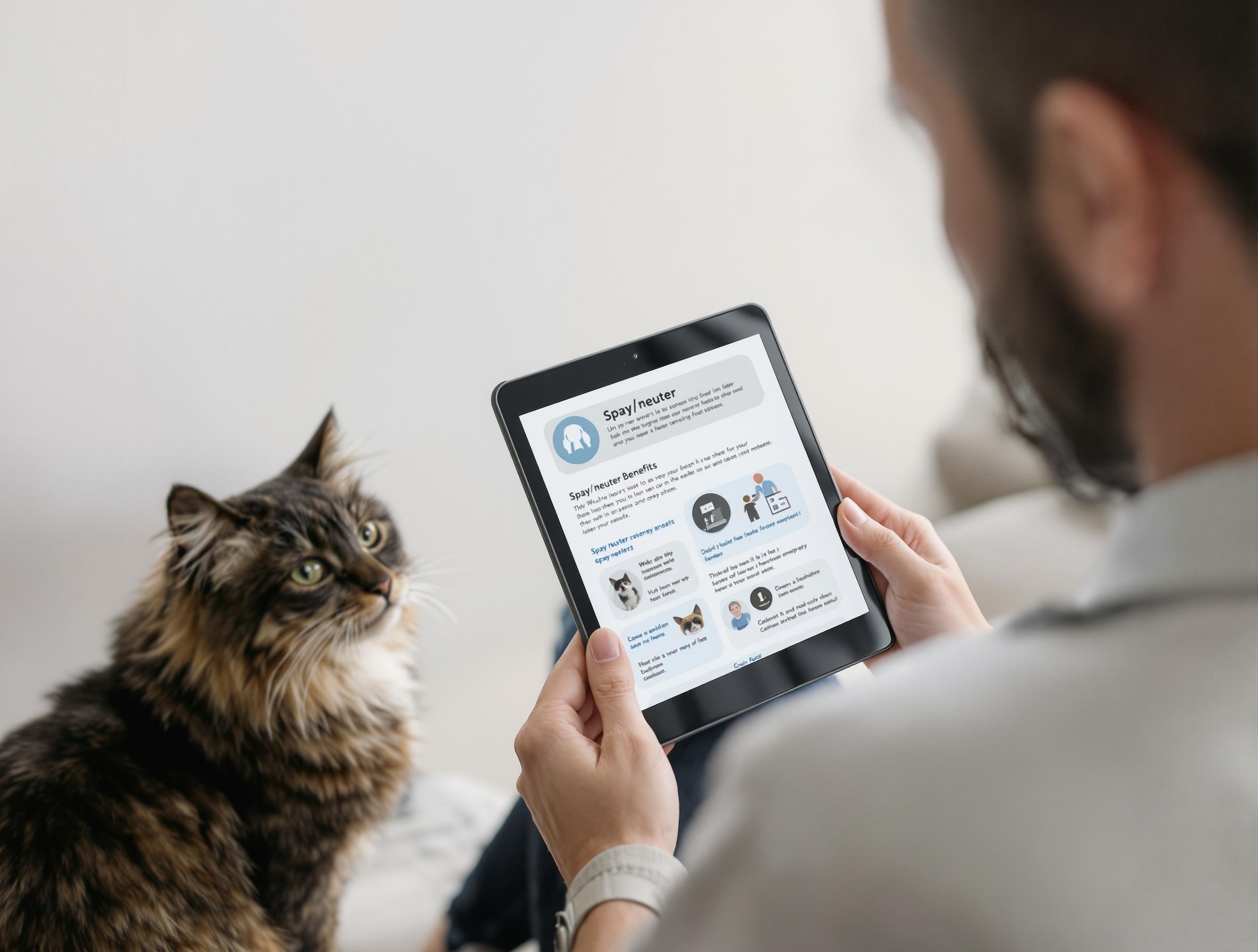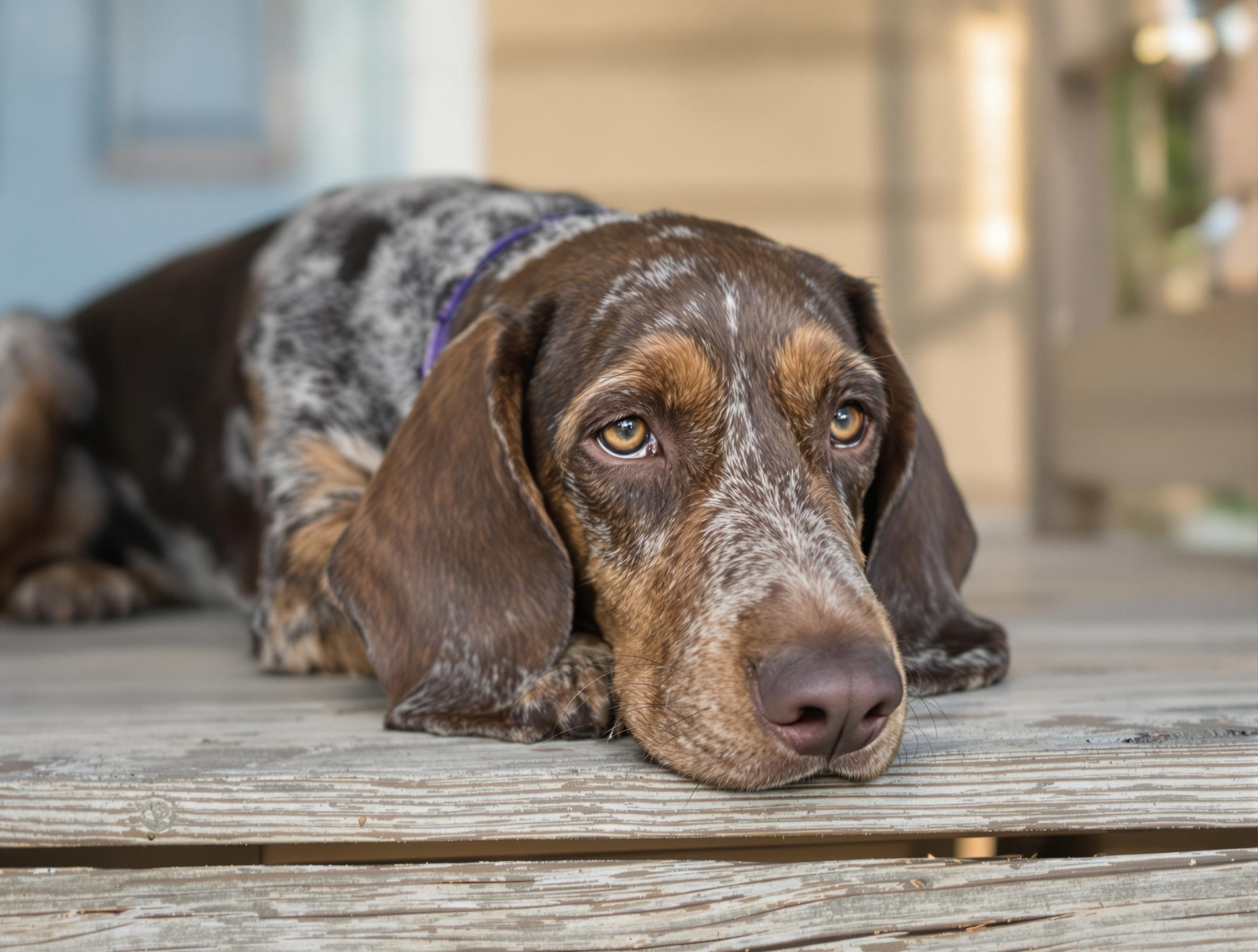Does your pet try to make friends with everyone — even wild creatures? Or do they chase everything that moves without realizing their prey might bite them back? While our pets do not always understand the dangers of interacting with wildlife, you can keep them safe by learning what to do after an encounter.
Is My Pet At Risk For Rabies After A Bite?
Each year, about 60 dogs and over 250 cats are reported to the CDC as rabies cases. Thankfully, the fatal disease is uncommon in pets because most states require domestic animals to be vaccinated.
There are many wild animals your pet can contract rabies from. The virus can also affect just about any mammal, including horses, sheep, and ferrets. Non-mammals like reptiles do not get rabies. Rabies is extremely rare in opossums because of their low body temperature. Squirrels, mice, and other small mammals almost never contract the virus.
While not all infected animals show obvious symptoms, chances are the animal is rabid if you notice signs such as drooling, staggering, unusual behavior, paralysis, sensitivity to light, or seizures. Conversely, a rabid animal can seem uncharacteristically friendly and tame.
A pet that has been properly vaccinated and is up-to-date on their booster shots is very unlikely to contract rabies. Your pet should have had their first rabies shot at about four months of age, a booster at one year and four months, and should receive a booster every three years after that.
If your pet is behind on their vaccines and you suspect they have been exposed to rabies, a booster will be required. They may be required to quarantine, either with you or with the veterinarian. While unlikely, if your pet does develop symptoms, they will have to be euthanized. Rabies is almost always fatal after symptoms develop.
Other Concerns After Your Pet Is Bitten By A Wild Animal
Just because your pet is vaccinated or is unlikely to have been exposed to rabies, it does not mean that they do not need medical care after a bite.
It’s best to get to your regular veterinarian or after-hours emergency vet clinic as soon as you can. If there will be a wait, you can use an antiseptic wound dressing that’s safe for pets, such as NFZ Wound Dressing, and wrap the area with gauze to stop the bleeding.
Any wild animal can transmit disease through bites and scratches. Even a small bite or scratch can become dangerously infected.
Keeping Your Pets Safe From Wild Animals
Your pet’s first line of defense against wild animals is your home. Keep pets inside when they can’t be supervised. Put up a physical fence around your property to help keep critters out. Wild animals can carry mange, a skin disease caused by mites. Canine distemper affects foxes, raccoons, and skunks. The majority of diseases contracted by wild animals are preventable by keeping your pet up-to-date on their vaccines and parasite preventatives and by seeing the vet annually for wellness check-ups.




